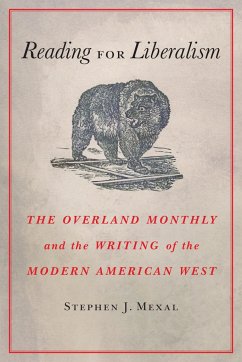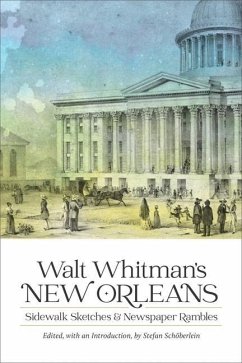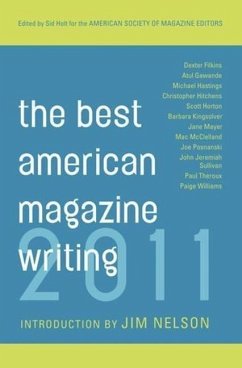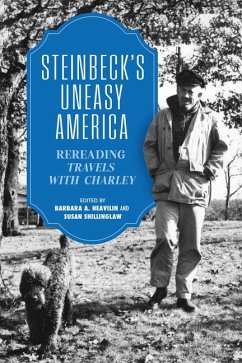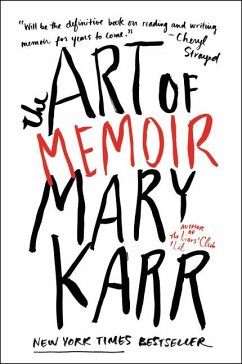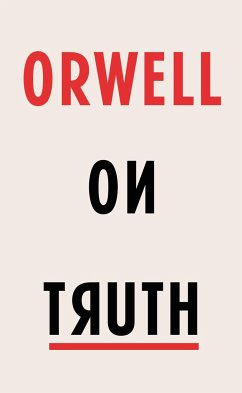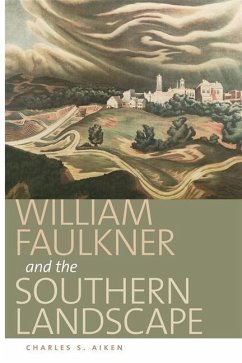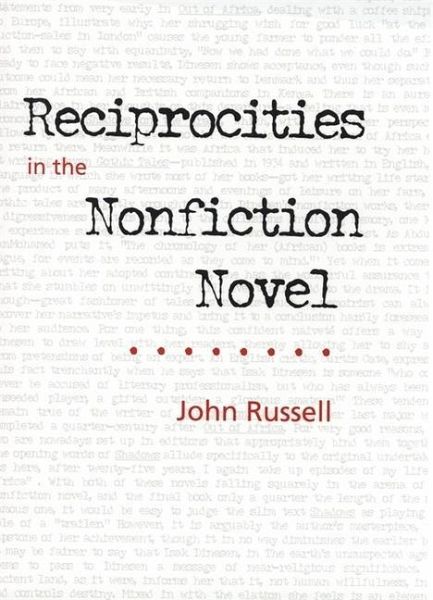
Reciprocities in the Nonfiction Novel
Versandkostenfrei!
Versandfertig in über 4 Wochen
48,99 €
inkl. MwSt.

PAYBACK Punkte
24 °P sammeln!
Nonfiction novels have usually been associated with the "new journalism" writers of the 1960s such as Tom Wolfe, Norman Mailer, and Truman Capote. Yet this form has long commanded a key position in the literary canon, as John Russell now reveals. Russell identifies eleven major works not usually thought of as nonfiction novels, such as Isak Dinesen's "Out of Africa" and E. E. Cummings's "The Enormous Room," to create a new definition of the genre. He shows that journalistic writing is characterized by a reporter's proprietary stance, which undermines reciprocity with subjects, while true nonfi...
Nonfiction novels have usually been associated with the "new journalism" writers of the 1960s such as Tom Wolfe, Norman Mailer, and Truman Capote. Yet this form has long commanded a key position in the literary canon, as John Russell now reveals. Russell identifies eleven major works not usually thought of as nonfiction novels, such as Isak Dinesen's "Out of Africa" and E. E. Cummings's "The Enormous Room," to create a new definition of the genre. He shows that journalistic writing is characterized by a reporter's proprietary stance, which undermines reciprocity with subjects, while true nonfiction novels feature greater reciprocity and also employ such techniques as circular narrative and bricolage."Reciprocities in the Nonfiction Novel" contributes to ongoing explorations of literary forms and offers wise commentary on how writing about real life can become art.




